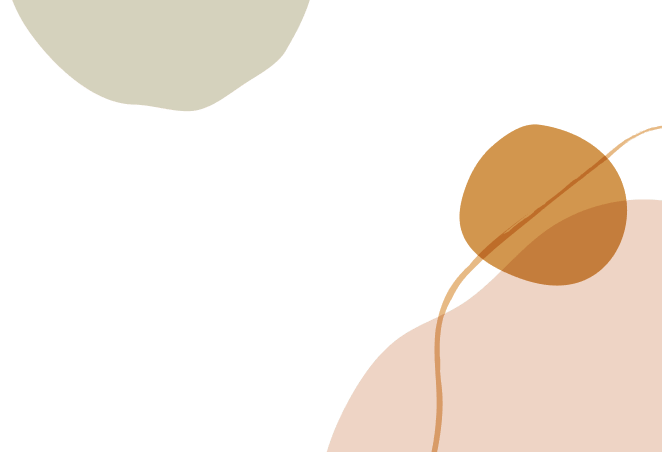Enspirement uses four categories to filter and refine your content
Spatial Conditions of Emotions
Use this filter to browse Enspires based on the spatial condition of emotion you are interested in implementing.
- Thrill. Seeking excitement. Attributes of thrill include - prospect, novelty, surprise, monumental, and bright.
- Kinship. Seeking a deep connection or bond with others. Attributes of kinship include - collaboration, belonging, and community.
- Awe. Seeking wonder and amazement. Attributes of awe include - wonder, joy, nature, stimulating, and inspiring.
- Refuge. Seeking shelter or containment to be alone or in smaller groups. Attributes of refuge include - respite, reflection, soothing, safe, and enclosed.
- Power. Seeking independence from adult intervention. Autonomy, change, choice, active, and self-actualisation.
Directories - use this filter to refine the area of care or play that are relevant to you. By selecting none of the directories, you will see all available content.
- Block Play. Building and constructing a creation empowers a child’s imagination, offering rich social and cognitive learning and developing confidence and independence.
- Dramatic Play. Children learn by acting out their own experiences. Absorbing those experiences helps them make sense of and engage with the world around them, developing skills to lead successful lives.
- Expressive Arts. Giving children a visual and creative outlet to communicate. Through visual arts (painting, drawing, etc.), performing arts (dance, movement, etc.), and music, endless possibilities for creativity and imagination are developed.
- Discovery. Children are naturally curious so by learning through their interests and investigations they awaken their imagination, developing clear thinking and the ability to discover.
- Care Routines. Care forms our curriculum, including routines such as eating, sleeping, nappy changing, and toileting to support independence and a child’s ability to develop a sense of belonging and well-being.
- Outdoor Play. Being outside, engaging and interacting with nature creates harmony and a chance to discover and learn from the natural world.
- Spatial Design. If environments are considered the third teacher, and if spaces speak to us and evoke feeling and meaning in our lives, how we design and think about our early years' environments should be embedded into our curriculum.
Woven Concepts. Select the woven concepts or themes that naturally weave through the directories to refine your search. You will see all the content available by selecting none of the woven concepts.
- Communication. Communication is at the heart of social interaction, making sense of the world around you. Language and literacy is all about rules. This gives us the framework for talking and understanding. Non-verbal language, including signs, symbols and gestures, are valuable communication tools.
- Mathematics. Logical mathematics is part of our everyday lives, including measuring, sorting, building, noticing patterns, making comparisons, describing the environment, and engineering concepts.
- Technology. Information technology is a fast developing tool integrated into today’s world and relevant in children’s lives. Thoughtful use of technology can improve children's and educators' learning outcomes.
- Music. Exposure to music supports cognitive development connecting the body and the mind, providing an outlet for creativity and emotions, and encouraging the development of a deeper and richer sense of hearing.
- Sustainability. As educators, we can encourage children to develop a lifelong connection with nature and ensure that sustainable practices, including the use of recycled, reused and repurposed resources, are embedded in many facets of our lives.
- Nature. Research suggests exposure to nature reduces stress and enhances morale. Immersing children in the natural world develops curious minds, engages their senses, and helps develop a lifelong connection with the natural world.
- Sensory Development. Children learn and discover the world through their senses - sight, touch, taste, smell and sound. Sensory experiences build neural connections that support thought, learning and creativity.
- Imagination. Imagination has endless possibilities, fostering cognitive and social development, developing critical thinking and problem-solving skills.
- Gross Motor. Self-confidence and well-being are developed when children are provided with the opportunity to assess risk, explore limits and have new experiences. It becomes a source of pleasure for the child as they foster and conquer new learning experiences. Coordination of the large muscles - arms, legs, and torso, to complete whole-body movements like dancing, climbing, running, jumping and movement in space. These skills involve the coordination of the muscles, and the neurological system, impacting balance and coordination.
- Fine Motor. Coordination of the small muscles - hands, fingers and wrists, and the interaction with what is being seen. The vision system is linked to the muscles to coordinate and send signals to move.
- Challenge & Risk. Self-confidence and well-being is developed when children are provided with the opportunity to assess risk, explore limits and have new experiences. It becomes a source of pleasure for the child as they foster and conquer new learning experiences.
- Cooperative Play. Children play and work with others towards a common goal or purpose. It is the final stage of play and represents the child’s ability to collaborate and cooperate with their peers.
- Individual Play. Individual or independent play teaches children how to be self-reliant, creative and imaginative, which improves focus, fosters imagination and develops social independence.
- Sense of Belonging. Allowing children to feel confident in exploring new ideas, engaging in learning and self-expression. When we think that someone believes in us and have a strong sense of belonging, we are motivated to succeed. Ensuring diversity is inclusive and equal – from disability, gender, nationality and culture, sexual orientation and age. All children are included, valued, respected and embraced.
- Understanding the World. Children are naturally inquisitive and curious, questioning the world around them with an urge to investigate how things work. Providing opportunities to enable and encourage children’s curiosity, channelling their enthusiasm for scientific discovery as early as possible, is vital for early education.
- Well-being. Everything that surrounds the child that impacts or bears on their growth and development and them becoming who they are is considered their well-being. Personal care routines are the practices we adopt and implement to ensure that children are cared for respectfully and appropriately.
- Home-based. Care and education for children in their own home or the home of another adult educator or caregiver.
Age Group
- 0-18 months
- 18 - 36 months
- 36 months - 6 years
- 6 years +

